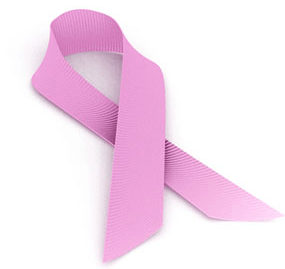More than 2000 women in Ghana to get breast cancer – Health expert
 More than 2000 women in Ghana are likely to be affected by breast cancer with more than 1000 deaths if the current unhealthy lifestyles are not changed, a health expert said on Tuesday.
More than 2000 women in Ghana are likely to be affected by breast cancer with more than 1000 deaths if the current unhealthy lifestyles are not changed, a health expert said on Tuesday.
Dr Kofi Nyarko, Programme Manager for Non- Communicable Diseases of the Ghana Health Service said that 2,260 cases are diagnosed annually, with 1,021 deaths.
“Majority of these cases are presented very late, thus, leading to high death rates. The burden of cancer in Ghana is projected to increase due to ageing, rapid urbanization and unhealthy lifestyles”, he added.
Speaking to the Ghana News Agency in an interview, Dr Nyarko noted that the recent adoption of Western lifestyles, change in diet, lack of exercise and the exposure to carcinogens were the major causes of the high rise in cancer cases in Ghana.
He explained that patients reporting to the health facilities were relatively young between the ages of 40-49 and always reported with advanced cancer “but unfortunately, most of them do not follow treatment schedules leading to their deaths”.
Worldwide, 1.67 million cancer cases are diagnosed annually, with 522,000 deaths. Developed countries record 788,000 cases, whilst less developed countries record 883,000 with Africa recording 100,000 cases annually, with 49,000 deaths. In the USA alone, 232,700 million people are diagnosed with 43,900 deaths.
There are two hospital based cancer registries in Ghana, which document the cases of cancer and their outcomes, Dr Nyarko noted.
“They are the Korle-Bu Teaching Hospital and the Komfo Anokye Teaching Hospital, which have been designated as the national Cancer Registries to document all cancer cases that are seen at the Teaching Hospitals”, he added.
“Unfortunately, in Ghana, most cancer cases are detected at an advanced stage, a situation which has an effect on treatment outcomes. The myths that cancer cannot be cured should therefore be discarded since we have many people who have been treated and cured.
He entreated all stakeholders to join hands to educate the public, that early reporting could save lives and that various cancer screening centres were available.
Source: GNA
